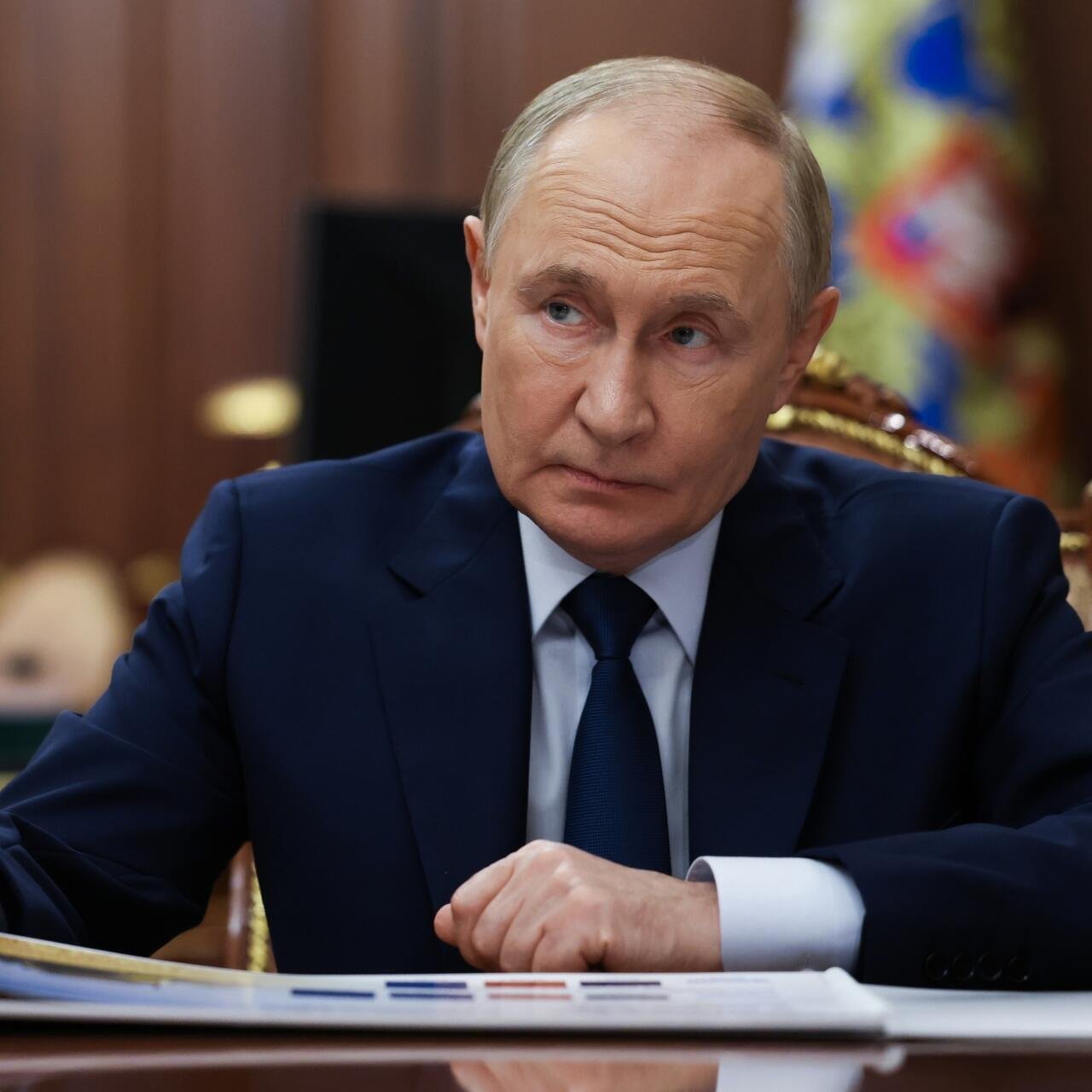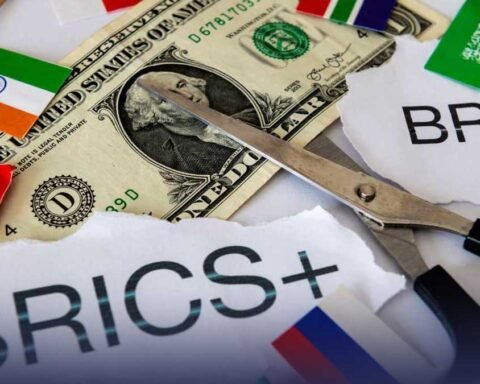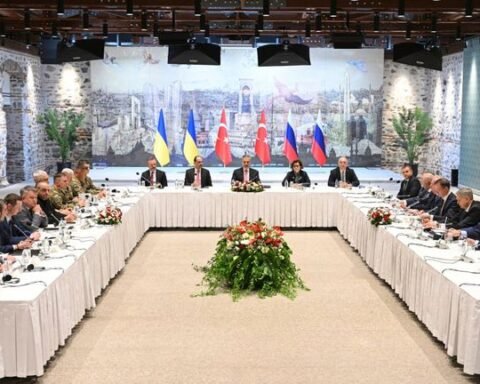Russia has brushed aside remarks by U.S. President Donald Trump suggesting that Ukraine has the strength to reclaim all territory seized by Moscow’s forces.
Instead, the Kremlin insists it will press ahead with its military campaign, showing no sign of compromise despite mounting pressure at home and abroad.
Trump, speaking during an address at the United Nations, described Russia as a “paper tiger” and expressed confidence that Kyiv could eventually recover every piece of land lost since the invasion began. His comments marked a sharp shift from earlier statements that leaned toward negotiated settlements. For many in Ukraine, the words were seen as a welcome show of political backing, though experts caution that rhetoric alone cannot change realities on the battlefield.
Kremlin spokesman Dmitry Peskov rejected Trump’s characterization, insisting Russia’s armed forces remain resilient. He emphasized that what Moscow calls its special military operation will continue “for as long as it takes” to secure the country’s interests. According to him, Russia is determined to pursue its objectives not only for current security concerns but also for what it views as generational stability.
Also Read; Malawi President Concedes as Mutharika Returns to Power
On the ground, Russia continues to hold significant territory in eastern and southern Ukraine, including the Crimea peninsula, which it annexed in 2014. Ukrainian officials argue that any serious peace deal must include the return of these areas, while Moscow insists they are non-negotiable. This divide has fueled one of the most intractable conflicts in modern Europe, with little sign of resolution in sight.
Trump’s remarks have also reignited debate among Western allies over the scale and sustainability of military aid to Ukraine. Analysts note that while financial and military support has remained steady, fatigue is growing in some capitals over the war’s prolonged nature. Without consistent backing, Ukraine’s ability to launch major counteroffensives could be severely limited.
For ordinary Ukrainians, the uncertainty is deeply felt. Daily life in cities like Kharkiv and Mykolaiv remains punctuated by air raid sirens and missile strikes, while millions displaced by the conflict struggle to rebuild their lives. “We want to believe the world still stands with us,” one resident told reporters, “but promises mean little if they don’t translate into action.”







